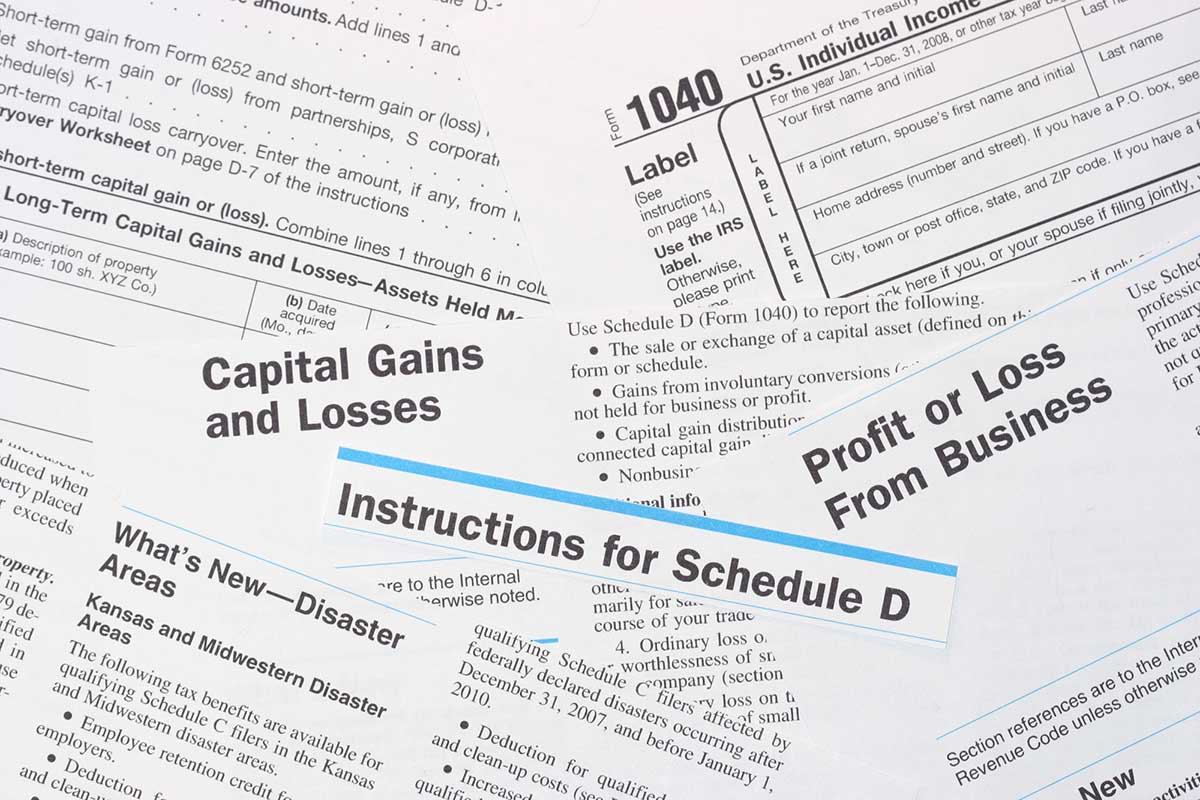Seven Reasons for an IRS Audit
The IRS receives and processes the majority of tax returns without additional inspection. However, some indicators may draw the IRS’s attention so that the return is more likely to be audited via a correspondence test or assigned to an auditor for additional investigation.
The IRS may generally audit returns filed within the past three years, although there are rare circumstances in which the IRS can audit earlier returns. We’ve compiled a list of why you could be issued an audit. But first, let’s go through the audit itself.
What Exactly are Tax Audits?
A tax audit, often referred to as a taxpayer examination, is the process of reviewing a company’s or an individual’s tax return to ensure that all information recorded on it is accurate.
The Internal Revenue Service examines financial information and accounts for income and deduction information validity throughout the tax auditing process. If you want to get emergency money now then this is not about a tax return because you need to wait a specific time to get your taxes back.
What You Should Know about IRS Audits

Whether the IRS audits your tax return, it looks closer to checking if you listed all of your income and claimed just the deductions and credits authorized by law. IRS audits are not frequently conducted at random. Based on sophisticated criteria, the IRS picks returns that likely include mistakes.
The IRS typically has three years from the date you submit a return to begin and complete an audit. The IRS begins most tax audits within a year after filing the return and conducts most audits in less than a year.
The IRS conducts audits in three ways:
- Within an IRS office (office or desk audit);
- Via mail (correspondence audit);
- In person, in your home, or at your place of work (field audit).
Reasons Why the IRS Might Audit You: Failure to Report All Taxable Earnings
Because the IRS receives copies of all 1099s and W-2s, be sure you declare all needed income on your return.
The IRS computers are pretty adept at matching the figures on the forms to the income reported on your tax return. A discrepancy raises a red signal, causing the IRS computers to generate a bill.
Earning a Lot of Money
The more your wealth, the more probable you will be audited. This, to be honest, makes logic since the richer you are, the more convoluted your file will be, and the more tax dollars will be at risk.
But getting money without risk is an easy process with the payday advance loan app because this new technological solution allows you to get up to $5,000 without checks.
Be careful when using such applications, consider the interest rates, and read the terms and conditions. It is always crucial to ensure that your returns are proper and adequately supported, regardless of how much money you earn – just bear in mind that the more money you make, the more probable you will have to show that. And this is confirmed by statistics.
Audit rates of individual income tax returns declined for all income levels from 2010 to 2019. The average audit rate for these returns dropped from 0.9 percent to 0.25 percent. Although audit rates for higher-income taxpayers declined more, the IRS audited them at a greater rate than lower-income taxpayers, as seen in the figure.
Link: https://www.gao.gov/products/gao-22-104960
Foreign Account Regulation Violations

Foreign bank accounts must be reported following the Foreign Account Tax Compliance Act.
The statute compels foreign banks to identify and report American asset holders to the IRS. Individuals with overseas assets worth at least $50,000 must disclose them on the new Form 8938.
It used to be that you didn’t have to report it; you just checked a box to indicate that you had one. You must now not only tick the box but also name the institution and the account’s greatest dollar amount from the previous year.
The standards require transparency, which enhances the chance of an audit. This is due to the widespread belief that taxpayers with overseas accounts are attempting to conceal wealth abroad.
Reasons for an IRS audit: Operating a Small Business
The IRS examines both larger and smaller sole proprietorships. Cash-intensive companies, as well as small company owners and self-employed persons that declare a significant net loss on Schedule C, are subject to further scrutiny.
Other small firms are also under increased audit pressure as the IRS changes its attention away from examining large enterprises. The government believes that studying S corporations, partnerships, and limited liability entities will provide more bang for its audit budget.
Overclaiming Business Expenditures
Self-employed filers have the greatest risk of under-reported income and over-reported expenditures. When filling out your Schedule C deductions, keep in mind that qualified business costs must be routine and necessary. Meanwhile, if you’re claiming business meals, travel, or entertainment, retain your receipts and be ready to back up your claims.
Claiming Large Charitable Contributions
If your philanthropic deductions are unusually significant in comparison to your income, this is cause for concern. This is because the IRS is aware of the typical charity gift for people in your income bracket.
In addition, if you don’t receive an appraisal for significant property gifts or don’t submit Form 8283 for noncash donations exceeding $500, you become an even greater audit target.
Receiving Child Tax Credit Payments in Advance
In 2021, qualified taxpayers received half of that year’s credit amount in advance monthly installments, with the other half claimed when they filed their 2021 tax returns.
The IRS’s 2022 Audit Plan specifically mentions ensuring proper reconciliation of these payments as an area in which the IRS will assess processes and procedures to ensure that Child Tax Credit advanced monthly payments are correct and are paid solely to taxpayers who fulfill the qualifying criteria.
Reasons for an IRS audit: Conclusion
Remember that the less information there is for the IRS to query, the easier your tax return. Claiming the standard deduction rather than itemizing, for example, removes an entire area of possible disagreements.
However, deductions and tax credits are available to you. If you qualify, don’t hesitate to use these resources.



















